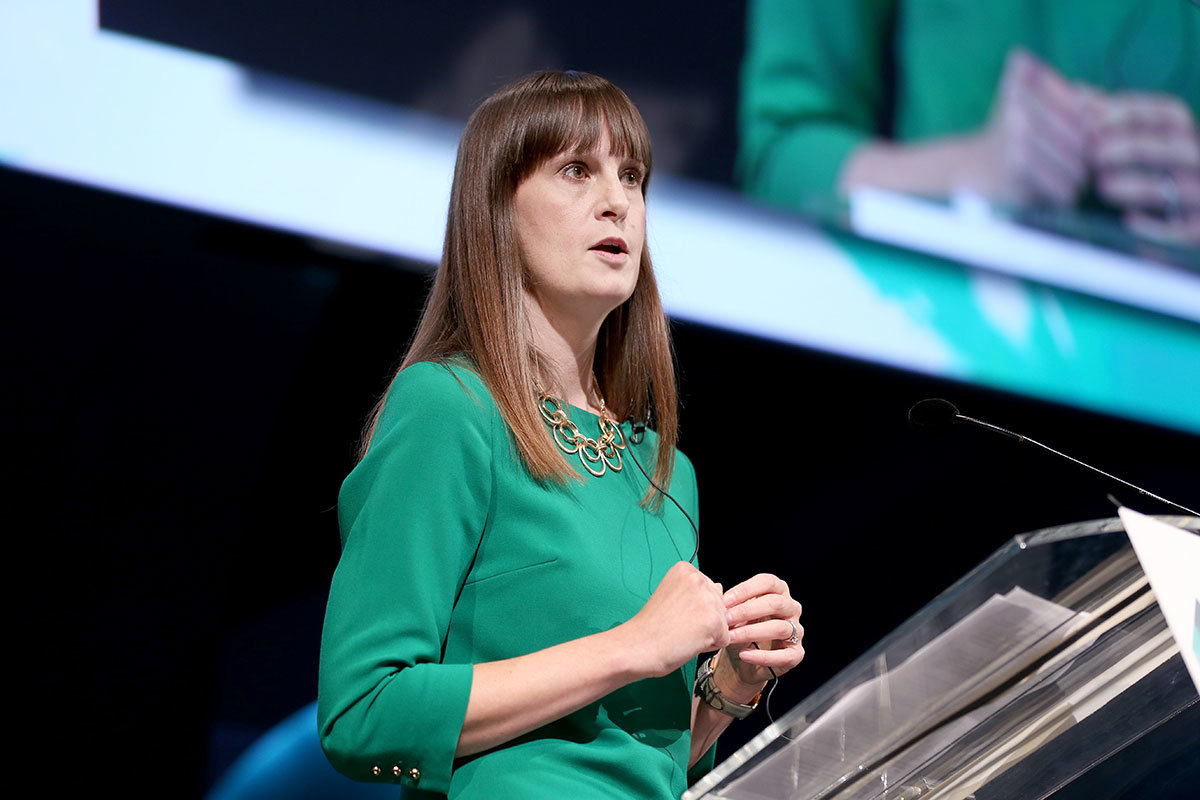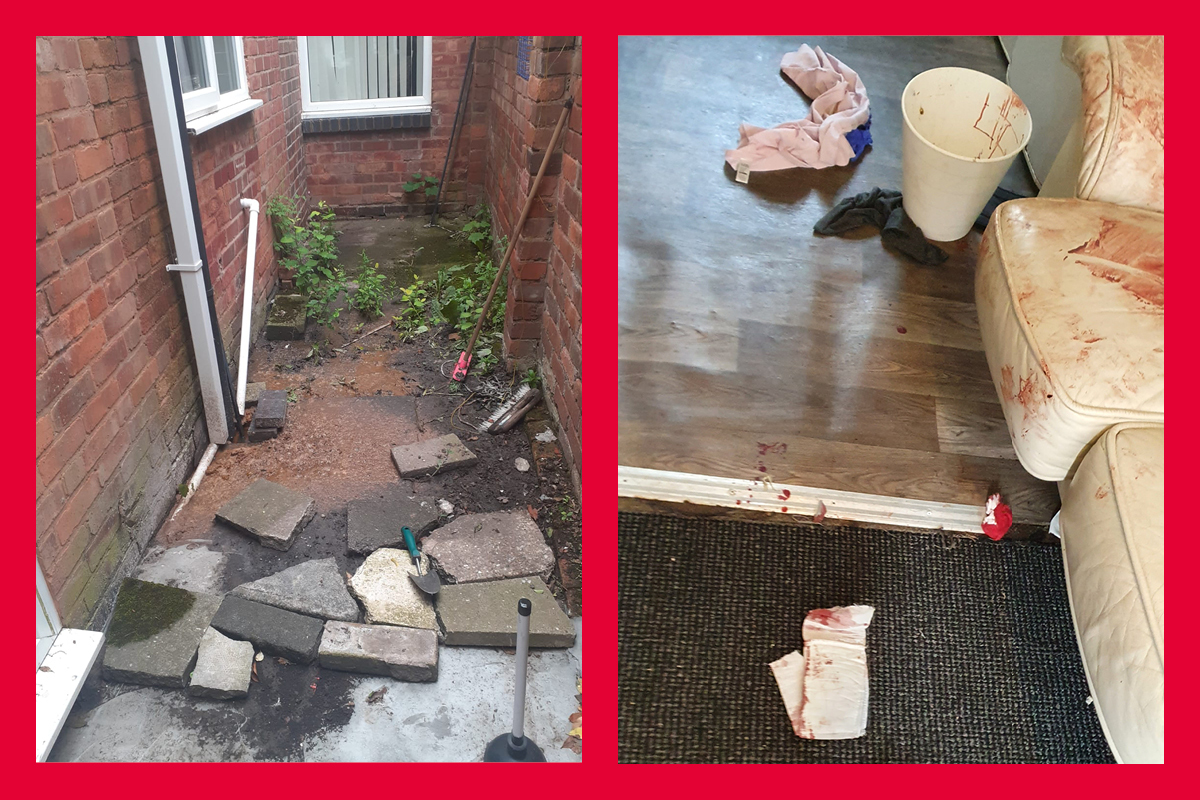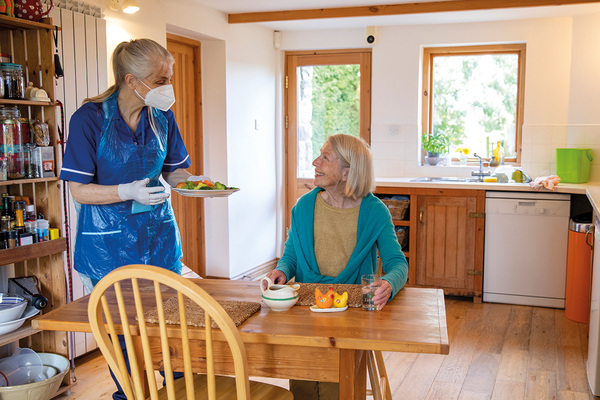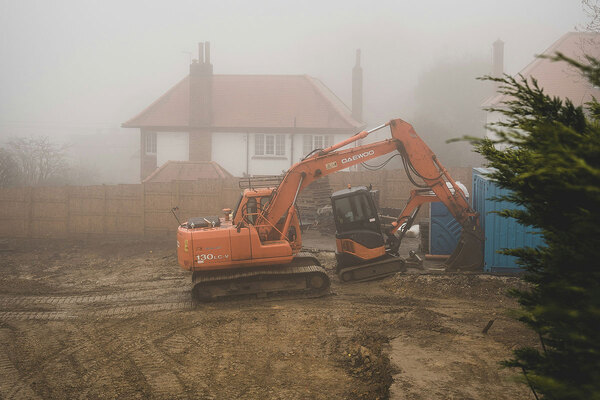You are viewing 1 of your 1 free articles
Supported housing could become unviable for providers if rent cap is too low, says NHF boss
Supported housing could become unviable for housing associations if a complete rent freeze, or a 3% cap, is implemented from April, the chief executive of the National Housing Federation (NHF) has said.
Kate Henderson told the National Housing Summit audience that it was “stark” and that organisations providing supported housing may not be able to provide the same services if the cap is too low.
She said: “We need people providing services for people who’ve experienced homelessness, we need accommodation for people who have experienced domestic abuse, we need accommodation and support for people who have disability issues, we need accommodation for people who are older and ageing and need support at home.
“And for those organisations, 0%, from what I’ve heard, would be that that would be incredibly difficult to continue to achieve that.”
The response came during a session at the annual NHF conference looking at the next 10 years in the sector, where an attendee asked about the possibility of a rent freeze or 3% rent cap.
Explaining why it would be so difficult in terms of supported housing, Ms Henderson said housing associations do not want to pull out that provision, but the finances under a freeze would make it difficult.
She added: “That service provision is contracted to local government partners and other commissioning groups, and they’re not inflation-linked.
“We need to have income from that.”
Discussion during the session focused on the social housing rent cap, which is set to come into force in April. Two weeks ago, the government launched a consultation regarding three options for the cap, with 3%, 5% and 7% all being offered.
A 5% cap is the government’s preferred option, as it believes that cap would “strike an appropriate balance” between protecting tenants from huge rent hikes and social landlords’ budgets.
Ms Henderson said the current situation facing associations is very different to when a rent freeze was implemented in 2016 once then-chancellor George Osborne ordered social landlords to cut rent by 1% each year up to 2020.
“This is very different from [then], this comes after a pandemic, it comes after a building safety crisis, it comes after a final acknowledgement of the scale of the climate crisis,” Ms Henderson stated.
“This is not about threatening to stop doing [a rent cap], I think there’s just a reality of understanding the impact of these different percentages.”
She pointed specifically to the huge fire safety costs facing large urban landlords, which the government was not supporting, while also highlighting that the majority of social housing development came from loans or cross-subsidy, with only 10% coming from grant funding.
She added that the sector would act with “absolute compassion” with regards to tenants when making decisions about services, but that certainty of income is needed.
Gavin Smart, chief executive of the Chartered Institute of Housing, said the coming months and years would be about “trade-offs”.
He said: “What you’re looking for is, I was going to say say the best balance but, actually, sometimes in a crisis, it might be the least worst balance.”
He added that while he would love to bring in a freeze that would protect people, it just is not “financially credible”, and that it is time for the sector to have realistic conversations with the government about the effect different rent cap levels could have on the sustainability of some organisations.
Mr Smart also pointed to the fact that the government could share the pain with the sector through decisions about the how the welfare system operates, particularly regarding housing benefit.
He added it was interesting the government took the decision to put money towards energy companies as part of their decision to cap energy bill levels over the next two years.
“That’s not a conversation that has taken place on social housing, and I think Kate and I will both be wanting to say to government, ‘One of the things you can do actually is think about how you can help to fill the gap as well,’” he said.
“I don’t think it’s realistic to assume that they fill the whole gap, but… we should be clear with government that this is a kind of tripartite arrangement.”
Sign up for our care and support bulletin
Already have an account? Click here to manage your newsletters












